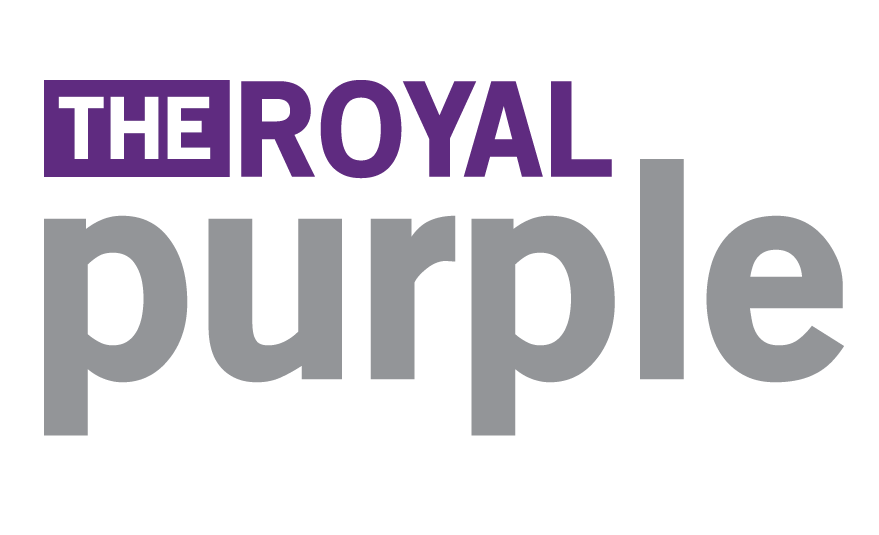SUFAC handles fee freeze, revises reporting
September 19, 2017
Even though a clause in the ’17-19 state biennial budget that would allow undergraduate students to “opt-out” of segregated fees was dropped, the University of Wisconsin-Whitewater Segregated University Fee Allocation Committee (SUFAC) is still dealing with changes to the process.
The discrepancies in how segregated fees were reported throughout the UW System arose during budget discussion, as each individual university within the UW System reports their fees differently. The Segregated Fee Policy Revision Committee, which included members from many systems, Including Kane Poad, UW-Whitewater SUFAC chair, and Chrissy Smith, co-advisor, along with the committee of students, has been tasked with revising reporting techniques so that all universities reported allocation of fees the same way.
In the proposed version of the 2017-19 biennial state budget earlier this year, Gov. Scott Walker proposed an ‘opt-out’ clause for the segregated fees all undergraduate students pay with their tuition., in which students within the university system were able to choose to whether or not to pay for segregated fees alongside their tuition.
After much backlash from students and political leaders, the clause was eventually redacted from the 2017-19 budget.
“Our group has been tasked to clearly define allocable versus non-allocable, so that all institutions across system are reporting it the same way,” Smith said.
While the way universities report their segregated fees is being overhauled by the Segregated Fee Policy Revision Committee, the Wisconsin legislature’s Joint Finance Committee has placed a freeze on segregated fees, keeping them the amount they were in the 2016-17 budget.
This arose a problem for SUFAC, with their 2017-18 budget, as fees overall were raised $32,000 as a number of new organizations came forward to ask for SUFAC funding.
“A lot of orgs could weather that a little better,” Poad said. “But some of these organizations are totally new, and any new organization is an increase because it wasn’t there last year. So they wouldn’t even have any budget at all.”
SUFAC then made a decision to use their designated contingency fund to fill the gap caused by the freeze. The contingency fund is supported by leftover money campus organizations do not spend in the previous year.
It is used when organizations have needs that go above and beyond their budgeted money.
“The integrity of SUFAC is ensuring seg fee excellence,” Jake Mende, chair of Educational Outreach for SUFAC, said. “When we talk about creating the best student organizations on campus, we want to ensure that we are using student fees to create the best outcome for students here on campus. So for us as a committee, it seemed like a no-brainer situation to ensure that we’re continuing to ensure that our student organizations can succeed.”
Punting the ball away
One of the biggest changes to the way segregated fees are reported and used could be for UW-W athletics and across the system.
Previously, athletics fees have been reported as allocable and have been decided by UW-W’s student SUFAC committee, which means the money they use is meant to support student activities in the university. In the future, athletics fees will now be non-allocable, which is meant to support long-term commitments, such as athletics team schedule and the teams they will play, and university owned and operated buildings.
“It was taken before student representatives last weekend,” Smith said. “The goal is to take a draft version to the Board of Regents in November.”













